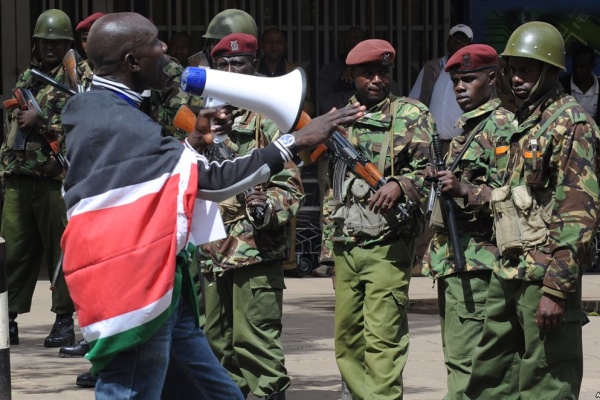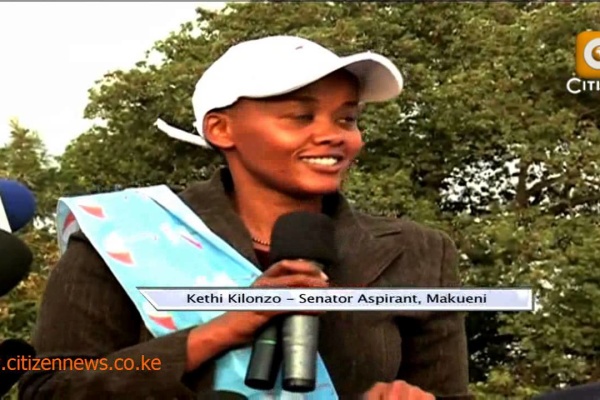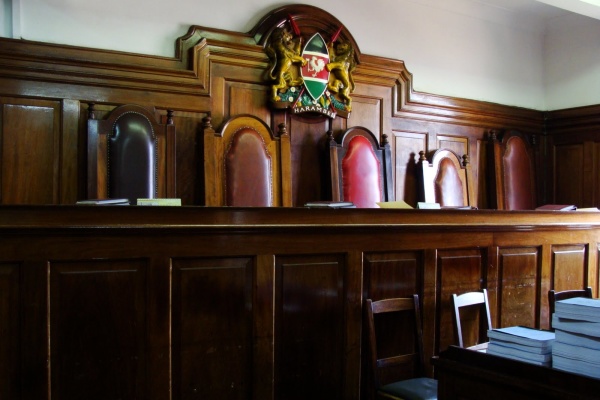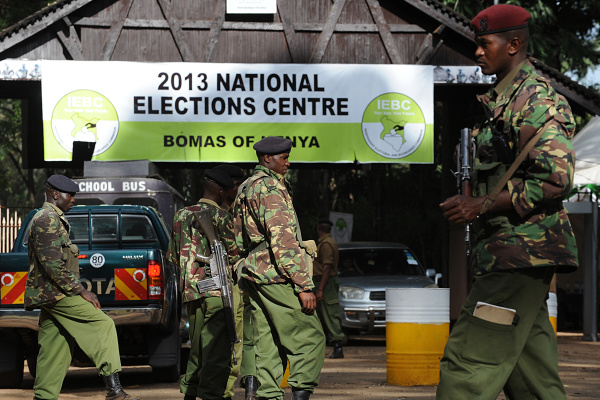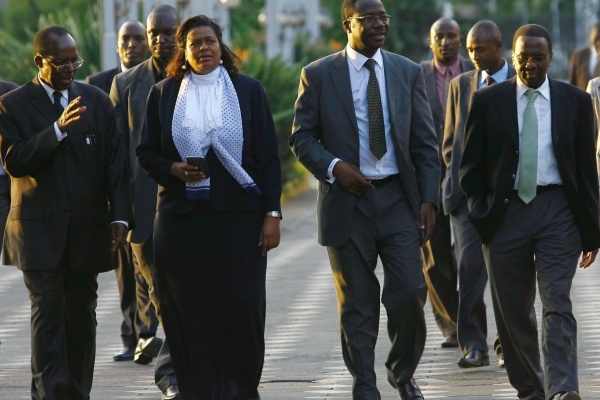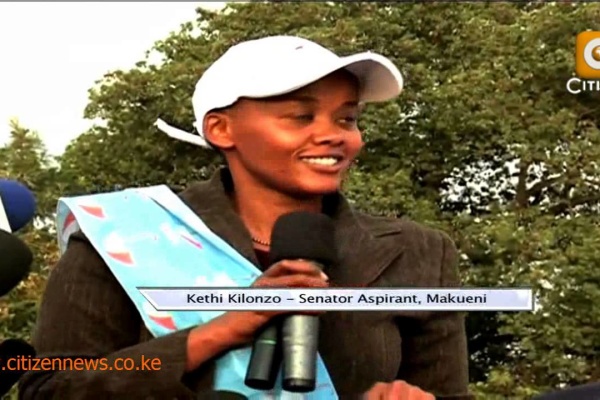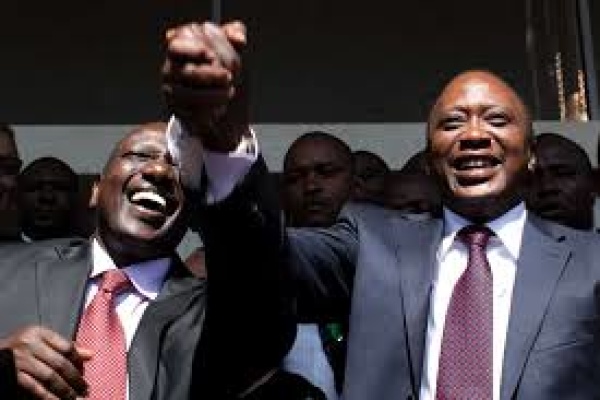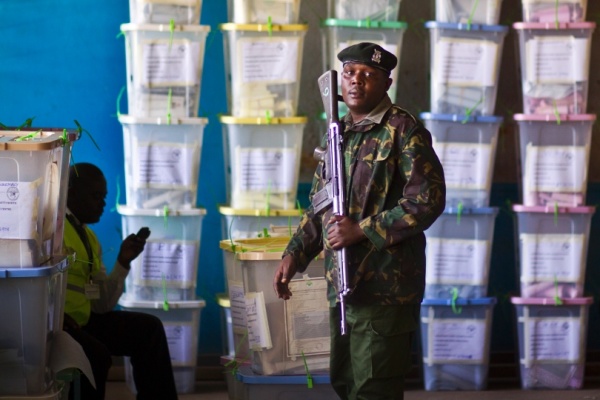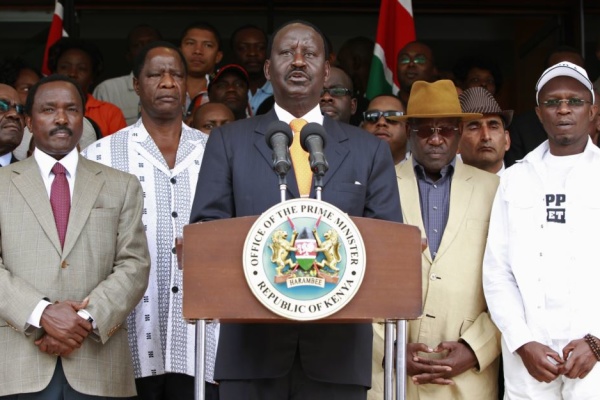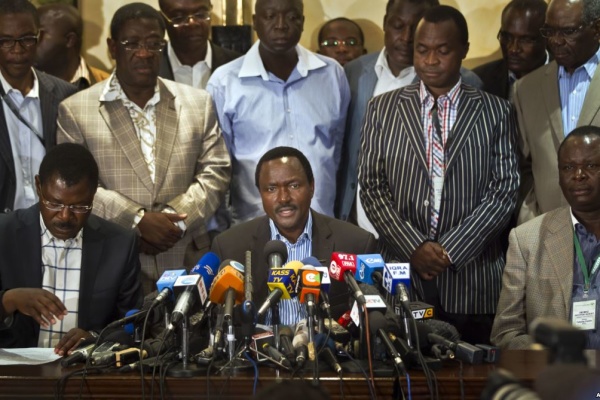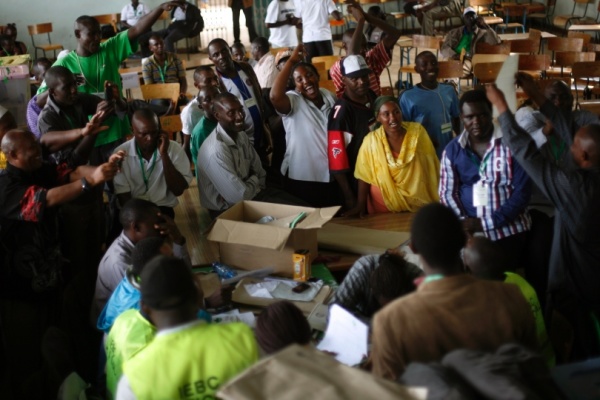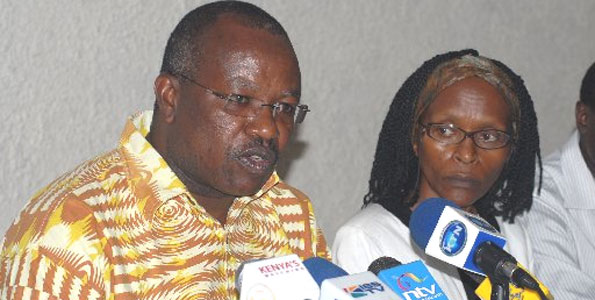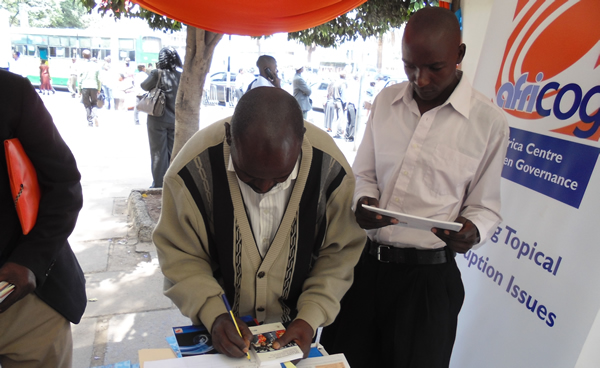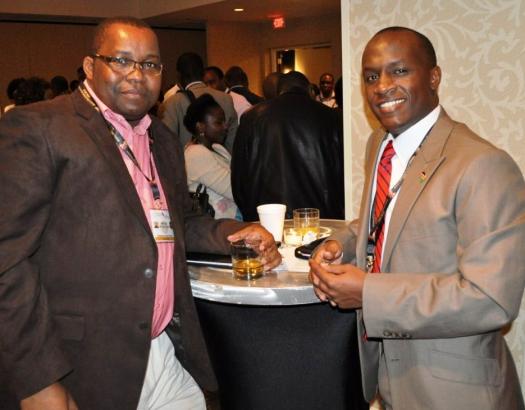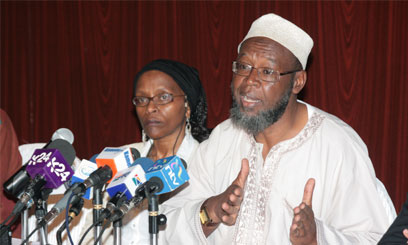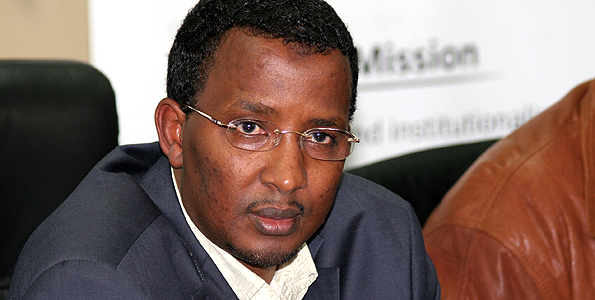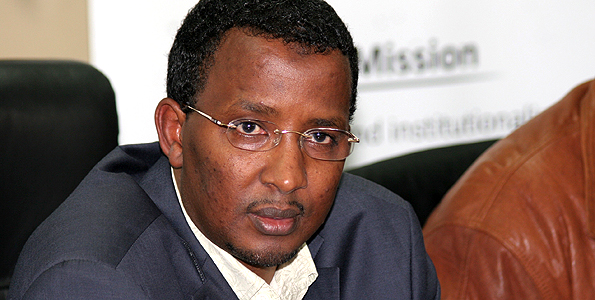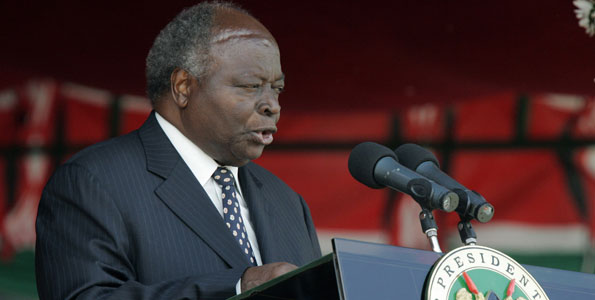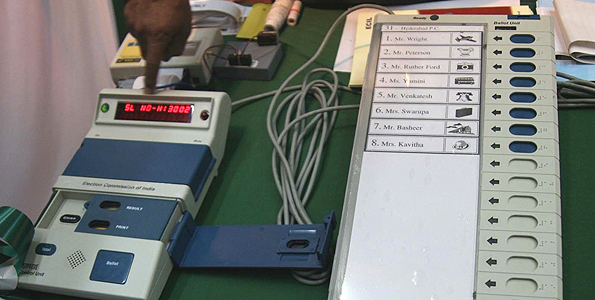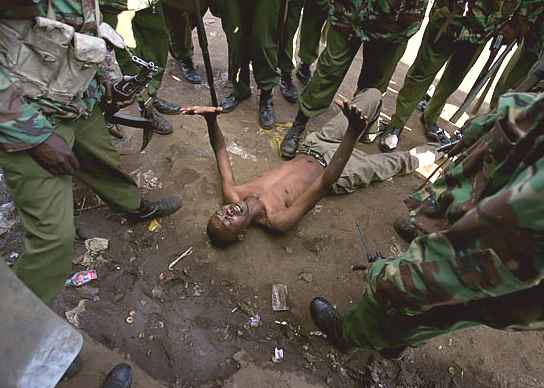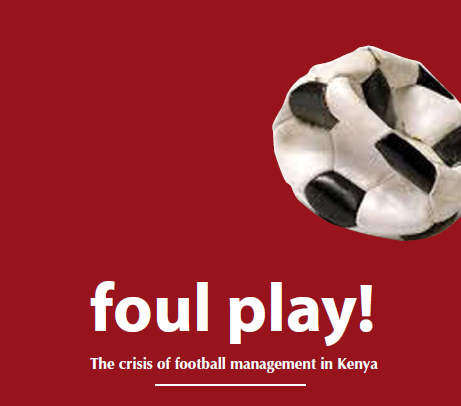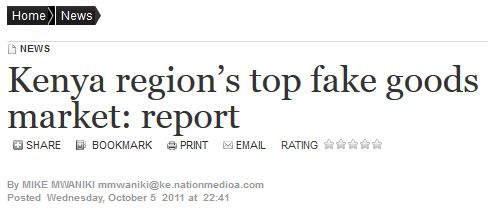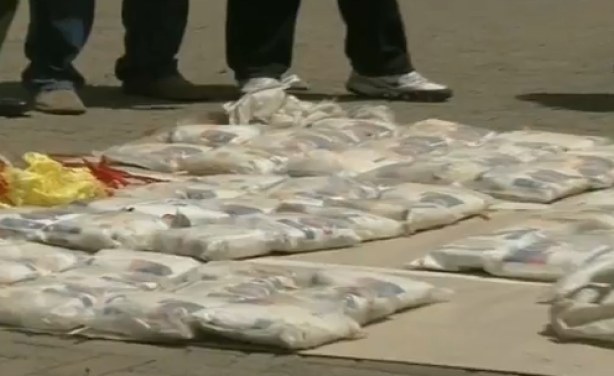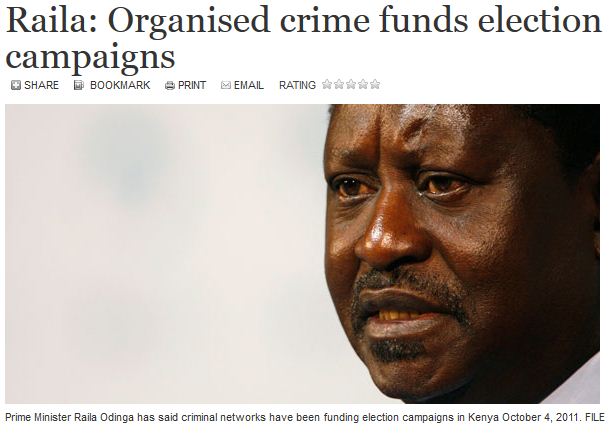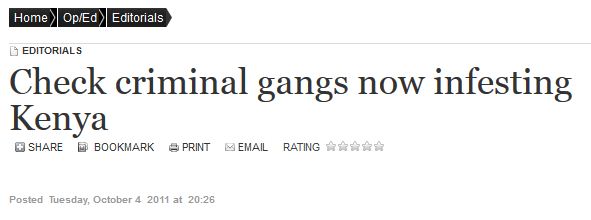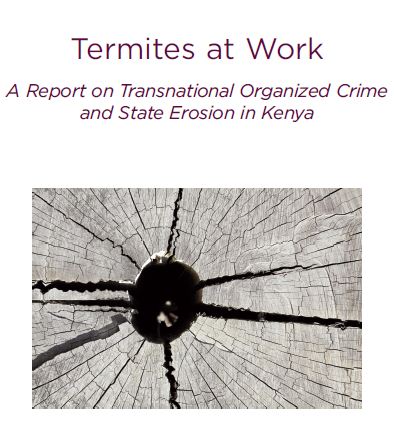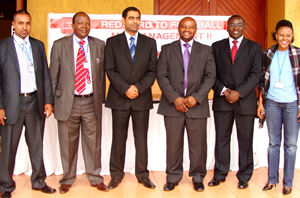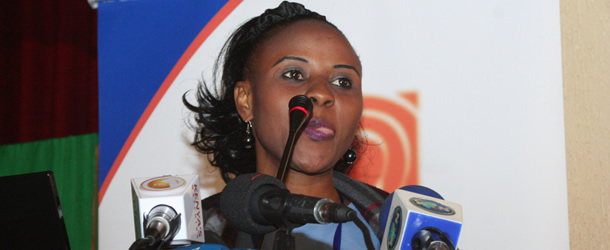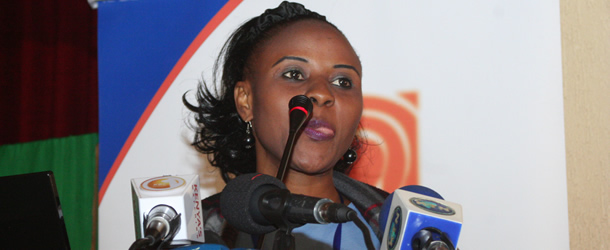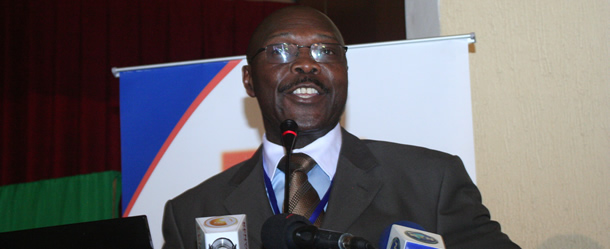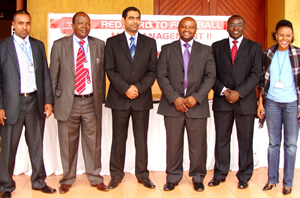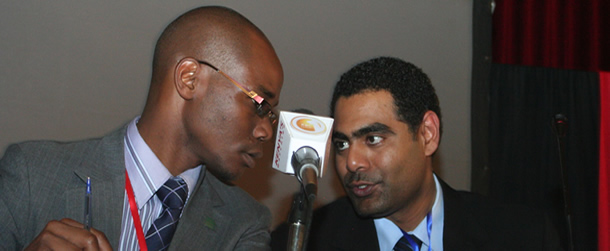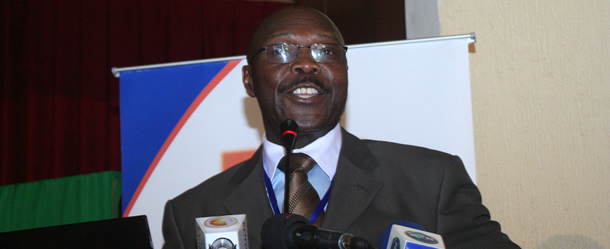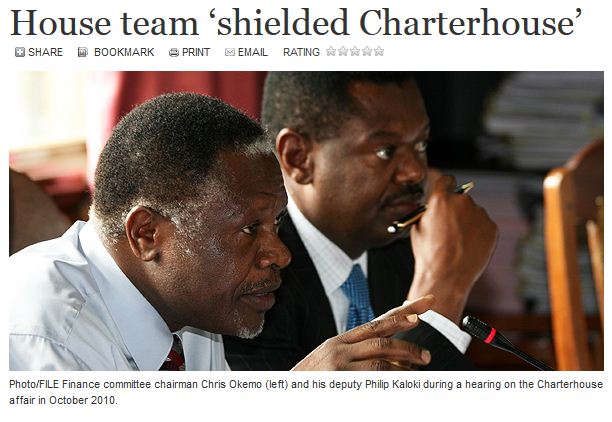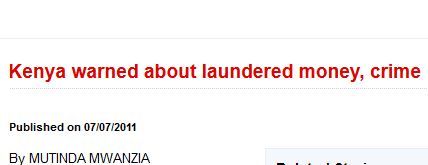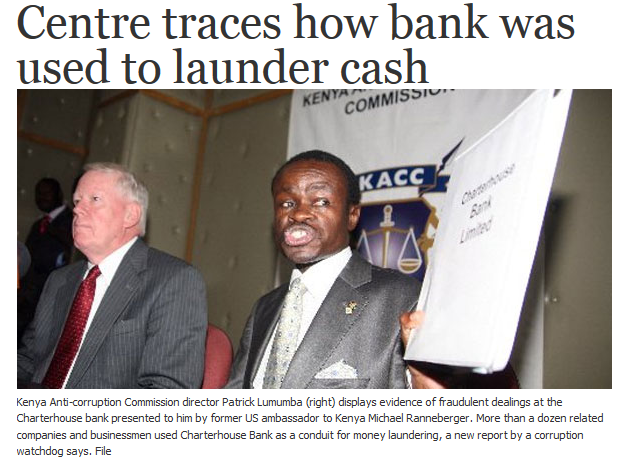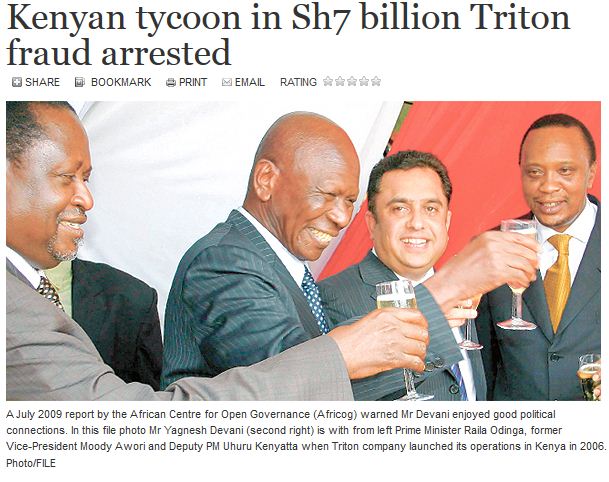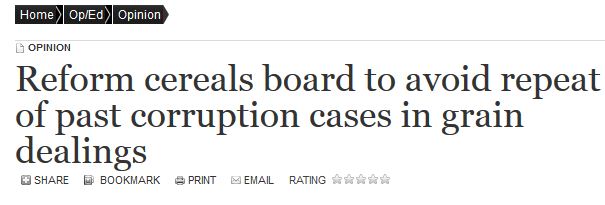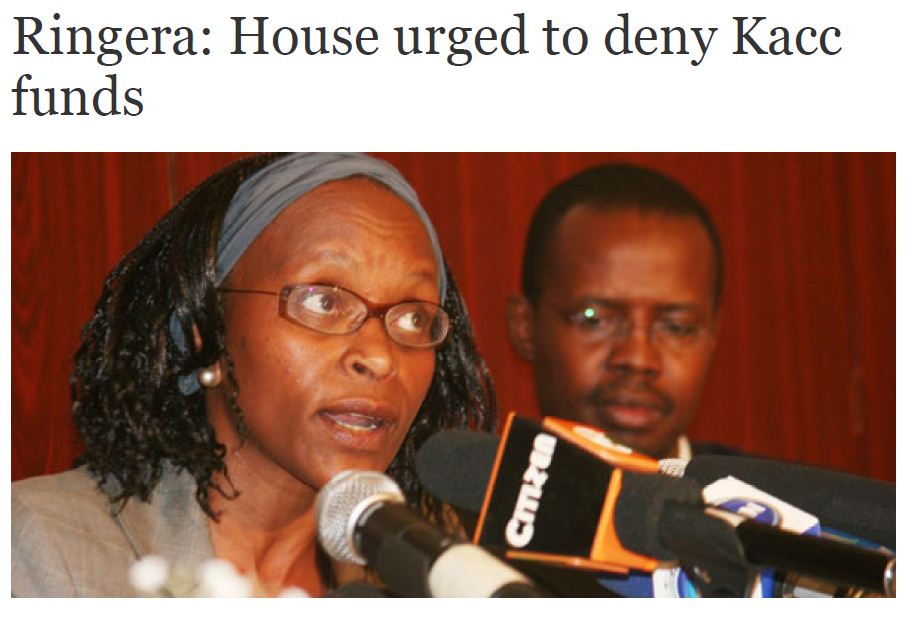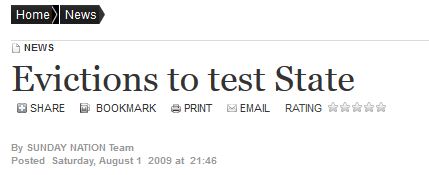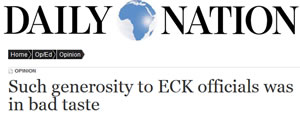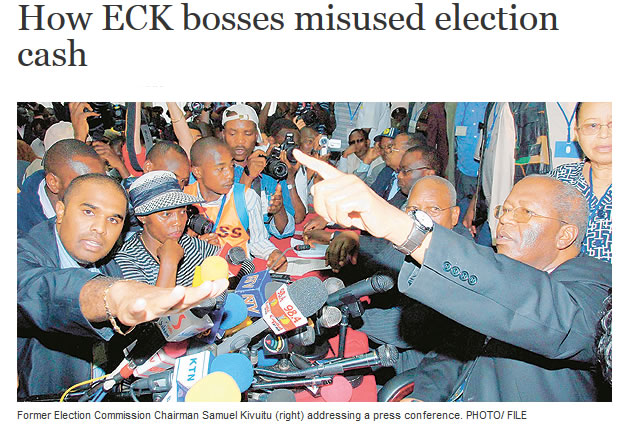Elections in Kenya are the most expensive in the world thanks to a high voter registration cost, administrative inefficiencies and outright theft of funds.
Estimates for the upcoming election presented by the Independent Electoral and Boundaries Commission (IEBC) placing the cost at Sh36 billion translates to a cost per registered voter of Sh2,000 ($25), higher than any other on record.
The IEBC, which initially sought Sh41.5 billion, has been pressing its case for the reduced funding all week before the Parliamentary Committee on Justice and Legal Affairs.
Treasury officials have made their case for Sh17.5 billion, terming the IEBC request excessive.
A commission formed to look into the conduct of the disputed 2007 elections reported that the Sh19.4 billion the defunct Electoral Commission of Kenya spent between the 2005/2006 financial year to the 2007/2008 period was higher than those of “very special cases of post-conflict countries.”
The Independent Review Commission, chaired by former South African judge Johan Kriegler, placed the cost of the election per registered voter at $20.4 (or $29 per cast ballot).
Low electoral costs stand at between $1 and $3, according to the Kriegler report and are recorded for countries with longer electoral experience like the United States and most Western European countries.
Others are Chile Sh103 ($1.2), Costa Rica Sh154 ($ 1.8) and Brazil Sh197 ($2.3) in Latin America and Sh60 ($0.7) in Ghana.
While giving the estimates to parliamentary Committee on Justice and Legal Affairs, IEBC chair Issack Hassan appealed to MPs not to scale down their request any further, saying it would hamper the credibility of the next elections.
Mr Hassan told the committee that Sh4 billion would go into voter registration while Sh2 billion would be used to buy a poll book to ensure a voter did not vote twice.
The commission targets to register 18 million voters out of whom 15 million are expected to turn up on Election Day.
Another Sh1.2 billion will be used to buy new vehicles to access “far flung, rugged and large constituencies.”
Responding to questions by the Saturday Nation on Kenya’s extraordinarily high cost of elections, IEBC chief executive officer James Oswago traced the genesis to 1992 when Kenyans demanded an independent electoral commission following the return to multipartyism.
Assert its independence
“Between 1964 and 1991 elections were a function of the government and district commissioners were returning officers. But with the return of multipartyism, there was a move by the polls body to assert its independence so the opposition could embrace it,” Mr Oswago said.
He explained that the commission could not implement the Kriegler recommendations because the new Constitution ran counter to the report.
“The new Constitution that came into place in 2010 demanded that we make voter registration a continuous process. Even though Justice Kriegler recommended a reduction of costs, the new Constitution created 80 new constituencies which forced us to register voters afresh despite having spent Sh5 billion in the 2010 voter registration which brought on board 12.4 million electors,” he said from Mombasa where IEBC officials were attending a three-day seminar on financial management.
Mr Oswago defended the retention of permanent staff in the field offices saying in the past temporary staff had disappeared during voting and the commission could not punish them.
The commission is in the process of recruiting 290 constituency coordinating officers.
The Kriegler report points out continuous registration as a key conduit through which money goes to waste.
“Although the ECK has established a network of 71 district offices (as per 2009 accounts), only some two per cent of voters opt to register there. The remaining 98 per cent do so at the annual registration drives.
“While it is true that the ECK registered 1,767,000 voters during the two registration drives in 2007, the cost per registered voter was Sh1,233 (around $18), which is extraordinarily high,” the report concluded.
It said the cost per registered voter of the 1,078,000 voters registered in the registration drives or through continuous registration in 2003 through 2006 was much higher, probably by as much as 50 per cent.
An April 2009 report of the Controller and Auditor-General questions how the defunct ECK spent Sh1.93 billion of the Sh15.8 billion it was given between 1991 and 2007.
Another analysis by the Africa Centre for Open Governance indicates that ECK commissioners were irregularly paid Sh219 million.
The report shows that the commissioners were, for instance, paid thousands of shillings every month in sitting allowances even when they did not attend meetings.
“The officer explained that since ECK meetings had no quorum, a sitting can be by one member, two members or the whole commission; which justifies the payment of sitting allowances for the 365 days of the year,” read the report.
Irregular payments
The auditors found numerous cases where allowances were paid when the authenticity of the claims could not be confirmed.
By 1996, the commissioners had received Sh29.7 million in undeserved sitting and subsistence allowances while irregular payments of accommodation expenses totalled Sh33.79 million from 1993 to 1997.
The Africog report also faults the procurement of spares, fuel and stores.
It notes that orders for 334 polling booths worth Sh2.04 million were placed in January 1998, while elections had taken place in December 1997.
A November 2008 Press report also indicated that ECK paid Sh110 million for T-shirts that were never used during the 2007 election.
